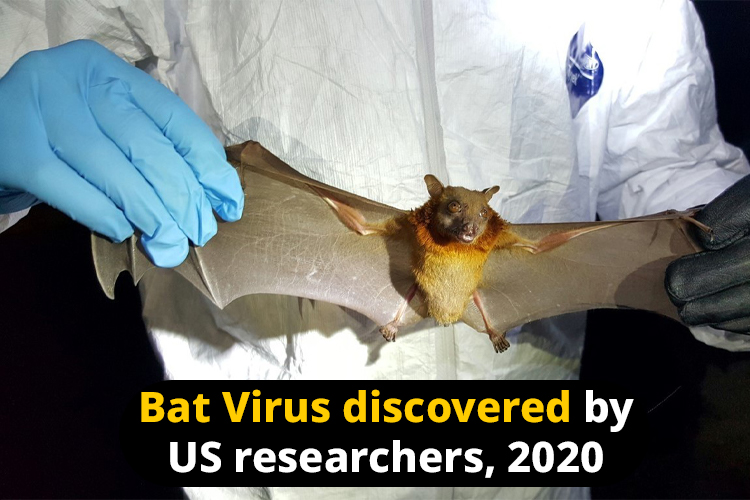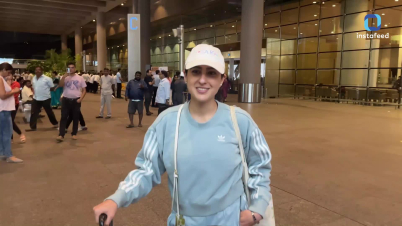Covid-like VIRUS found in Russian BATS can INFECT humans
Scientists have discovered a new update on the SARS-CoV-2-like virus in Russian bats that may complicate matters for human. This new kind of bat virus can infect humans and is resistant to the current available COVID vaccines

Scientists have discovered a new update on the SARS-CoV-2-like virus in Russian bats that may complicate matters for humans. This new kind of bat virus can infect humans and is resistant to the current available COVID vaccines. In a recent study by researchers of Washington State University’s Paul Allen School for Global Health found that the SARS-CoV-2-like virus – Khosta-2 – could penetrate human cells, according to a report in Time magazine. The virus was first discovered by scientists in 2020. However, the scientists did not think that the infection could pose any threat to humans at that time.
Scientists have discovered a new virus similar to SARS-CoV-2 in a Russian bat that can infect humans and is resistant to currently available vaccines. In a research paper published Thursday in the journal PLOS Pathogens, researchers from Washington State University said the virus, known as ‘Khosta-2’, comes under a sub-category of coronaviruses called sarbecovirus the same category to which SARS-CoV-2 belongs.
Sarbecovirus are respiratory viruses that frequently undergo recombination — a process of viral strains mixing to make a new strain. The findings of the study have been published in the journal 'PLOS Pathogens'. Researchers from the Washington State University in the US first discovered the virus in Russian bats in late 2020. The team identified two new viruses and named them Khosta-1 and Khosta-2. They determined that while Khosta-1 didn’t pose much threat to humans, Khosta-2 demonstrated some troubling traits.
Although the virus initially appeared to pose no threat to humans, when they looked more closely, they were “really surprised to find they could infect human cells”, Michael Letko, WSU virologist and one of the authors of the study, said in a press statement. The team also found that Khosta-2 was resistant to both the monoclonal antibodies and serum from individuals vaccinated against SARS-CoV-2. “Genetically, these weird Russian viruses looked like some of the others that had been discovered elsewhere around the world, but because they did not look like SARS-CoV-2, no one thought they were really anything to get too excited about,”.
This new virus can also evade the immunological defense provided by the vaccination, the report citing lead researchers said. The study, which was conducted by a team of researchers at Washington State University's Paul G Allen School for Global Health says that spike proteins in Khosta-2 may penetrate human cells while being resistant to both monoclonal antibodies and serum from people who have received the SARS-CoV-2 vaccine.







